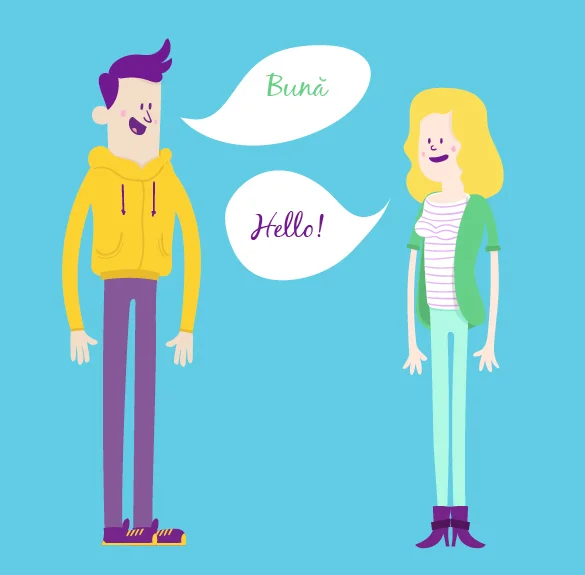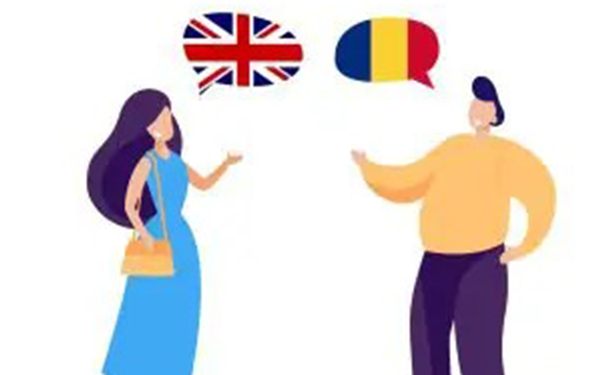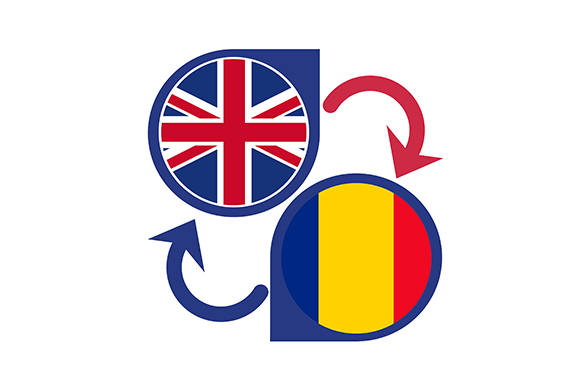Rosetta Translation provides a full range of Romanian translation services to companies worldwide. Our Romanian translators and proofreaders are all fully qualified professionals, so that our Romanian translations are all of the same high and consistent standard.

Our company is a multi-sector Romanian translation specialist and has particular expertise in the following fields:
Legal translation, Financial translation, Technical translation, Medical translation
We guarantee a consistently excellent quality of Romanian translation in each of these various fields by making sure we assign every translation to the most appropriate specialised team of highly qualified Romanian translators, proofreaders and editors.
Combined with our use of translation technology and our extraordinary flexibility as regards client needs, this results in the professional and reliable translation service that our regular customers value.
We also provide Romanian interpreting services in London and worldwide.
For a free instant quote, please contact us at any of our local offices in London, Shanghai, New York, Paris or Luxembourg.
Rosetta is one of only very few translation agencies to have achieved both the prestigious ISO 9001:2015 certification and the DIN EN 15038 designation, the only norm specifically designed for translation agencies. Our customers can therefore rest completely assured of the superior quality of our Romanian translation assignments.
Romanian Translations can be certified, notarised and legalised to meet your exact requirements.


For all our English-Romanian translation assignments, we only use experienced, native Romanian translators – capable of translating in a number of regional languages closely connected to Romanian (Daco-, Istro-, Megleno-Romanian and Aromanian, etc.), all of whom specialise in a number of different areas of translation to give the best possible results for our customers. We then make sure the formatting is correct, have the document proofread by a third party, all of which culminates in the provision of a final translation of excellent quality.
Romanian (limba română) is one of the more widely spoken European languages with Romania’s accession into the EU. Romanian has some 24 million native speakers and is spoken mainly in Romania, Moldova and the Autonomous Province of Vojvodina (Serbia). Many companies are requesting that their websites be translated into Romanian to corner this lucrative new market.
Whether your Romanian-English translation assignment is complex and technical or more basic in style, Rosetta Translation always has experienced translators on hand to deliver, with expertise in a number of areas, from technical computer jargon to pharmaceutical industry terminology.
As an internationally aware company, we operate as worldwide a service for our English translation as we do for our other languages. This means that we can provide English in any of the many existing dialects, whether you need British English, American English, Australian English, even Jamaican English, we have the know-how and the expertise.

The Romanian language is over 1700 years old, and it is spoken mainly in Romania and in the Republic of Moldova. Romania is the only eastern bloc country that speaks a romance language (other romance languages are for example Italian, French and Spanish). Although it’s a Romance language, Romanian’s candace and melody of the language is very similar to Italian with the two languages sharing 77% lexical similarity according to Ethnologue. However, due to the influence of Slavic languages on Romania due to their physical proximity, such as on pronunciation, vocabulary and grammar, it has some very distinct differences with Italian.
Generally, for native English speakers, Romanian is considered quite easy to learn as The US Foreign Service Institute (FSI) ranked Romanian one of the easiest. Romanian is also a phonetic language meaning once you know how to pronounce the alphabet, there are no nasty surprises. However, most learners tend to rank Romanian as the hardest out of all the Romance languages to learn.
What makes Romanian a little bit more difficult for foreigners are the special letters, called diacritics. These are: ă, pronounced like the second ‘a’ in the word magical; ș, pronounced as ‘sh’; ț, pronounced as ‘ts’, and â and î, are the most difficult for native English speakers to pronounce.
Due to the Roman occupation south of the Danube river, the Latin and Balkan languages mixed to create dialects of Romanian. Due to this mix, it has been argued that there are as many as 20 different dialects, however the main consensus is that there are five main dialects spoken in Wallachia, Moldavia, and Banat (all of which actually extend into Transylvania), and an additional group of varieties covering the remainder of Transylvania, two of which are more clearly distinguished, in Crișana and Maramureș. The term dialect here is used to mean a closely related but separate language that is tightly linked, for cultural and historical reasons, to a certain language of reference (rather than the conventional English meaning of a dialect being a particular form of a language which is peculiar to a specific region or social group). Despite the fact that there are arguably so many dialects, they are all mutually intelligible therefore if you are wishing to have a translation from English into Romanian, you can be sure that your translation would be understood by any speaker with a translation into standard Romanian.
Surprisingly, Romanian citizens have a higher proficiency in English than their western European linguistic cousins, such as France and Spain. This is due to English being the primary foreign language taught in Romanian schools, resulting in the country having a population where 29% can speak English. We at Rosetta Translation work with native translators so you can be sure that your translation will always be fluent in your target language with all meaning faithfully and appropriately translated.






What is the UN French Language Day? On 20 March, we once again celebrate UN French Language Day, a global celebration of linguistic diversity and cultural exchange. Created by the United Nations in 2010, this day is to remind us …


© 2025 All Rights Reserved